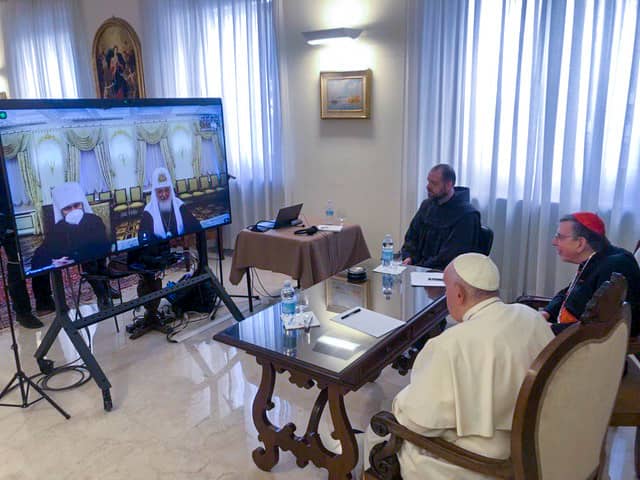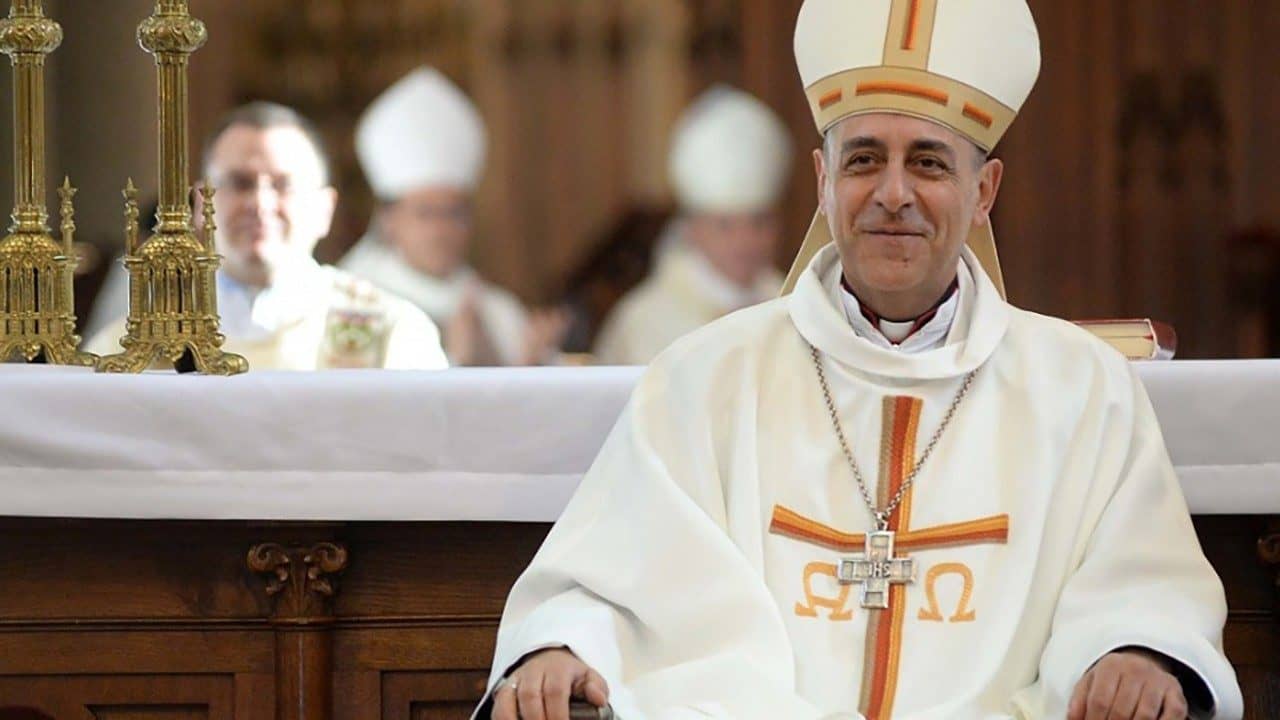DENVER – Friday’s big news story in the U.S. was that CNN’s White House correspondent, Jim Acosta, won his legal appeal against the Trump administration, ordering that his press credentials be restored after the White House had yanked them following a contentious Nov. 7 press conference.
Federal Judge Timothy J. Kelly didn’t rule on whether the situation presented a First Amendment issue, and some media-watchers are nervous about a new code of conduct for reporters Trump has vowed the White House is preparing. Still, the idea of seeing Acosta back on the job felt to most people like a victory for freedom of the press.
In press offices around the world, whether of the corporate, political, religious or any other sort, revoking someone’s credentials tends to be rare. In part, that’s because it’s almost impossible for the institution to win the ensuing cat fight in the press – reporters naturally sympathize with one another, and the public tends to see it as a lonely individual struggling against a powerful empire.
(That narrative, of course, overlooks the fact that media organizations such as CNN are themselves large and well-heeled institutions, in this case with the resources to fight the White House in court and prevail.)
As far as the Vatican is concerned, there’s really only one time in living memory that a journalist’s credentials actually were taken away: Veteran columnist Sandro Magister was barred from the Vatican Press Office for six months, from June to December 2015, after his magazine, Italy’s L’Espresso, published an advance copy of Pope Francis’s environmental encyclical Laudato si’ ahead of the official release date.
Magister’s credentials were suspended in June 2015, and then restored in early December in what the Vatican tried to style as an act of mercy in keeping with that year’s Jubilee of Mercy.
To be honest, the suspension didn’t mean much to Magister, who rarely drops in on the Vatican Press Office anyway, and it was a golden teaching moment for the rest of us about what an “embargo” actually means.
In a nutshell: If you get a document from an official source and that source imposes an embargo, you’re ethically obliged to uphold it; if you get it someplace else and that source doesn’t ask for a delay, there’s no such duty. Magister clearly got his copy through non-official channels, since L’Espresso published before the Vatican Press Office had distributed copies under embargo to reporters, so there’s no way he could have violated their embargo.
Prior to that, you have to go all the way back to the John Paul II era to find times when the Vatican tried to flex its muscles with journalists in any terribly overt way. (I’m grateful to my Italian colleagues Magister and Marco Politi, who helped refresh my vague memories of these episodes.)
In 1985, the Vatican’s Secretariat of State banned Italian journalist Domenico del Rio from a papal trip to Venezuela, Ecuador, Peru and Trinidad and Tobago, after Del Rio had written a front-page piece for La Repubblica, the country’s leading center-left daily, complaining of the cost of papal travel, quoting theologians critical of the Polish pope, and making wry observations about the “monarchical satisfaction” John Paul appeared to take before large crowds chanting his name.
In that case, more than 40 journalists from 20 countries signed a letter of protest, and before long del Rio was back on the job. From there del Rio went on something of a personal spiritual journey, and on his deathbed in early January 2003 he sent a message to John Paul II thanking him for “helping me to believe.”
Ten years later, in 1995, another Repubblica correspondent felt the sting when Politi did a piece while covering John Paul II’s trip to the Philippines for World Youth Day, which unfolded just as liberal French Bishop Jacques Gaillot was being demoted for holding heterodox views on a whole slew of matters.
Politi contrasted John Paul the “Prophet” in the Third World with John Paul the “Pharaoh” in the First, and, for his trouble, saw a scheduled interview with Vatican Secretary of State Cardinal Angelo Sodano cancelled for a full year. (For the record, Politi did eventually get the interview.)
(As a footnote to all that, twenty years after he was sent into ecclesiastical exile, Gaillot had a warm 45-minute meeting in 2015 with Pope Francis, who welcomed him to his Vatican residence and encouraged Gaillot to continue his advocacy on behalf of migrants and refugees.)
The punitive measures against both del Rio and Politi proved to be boons to their careers, elevating their status in the eyes of both the press and the public and also enhancing their visibility – not to mention marketability. Magister was already well established, but it’s fair to say that among his fairly conservative and somewhat anti-Francis readership, the affair didn’t exactly hurt his standing.
Almost certainly, the same thing will happen to Acosta. Thoughts of the book deal alone he’s likely to get out of this are enough to make most journalists turn green with envy.
Perhaps the lesson, therefore, is the following: Whether it’s the Vatican or the White House, if you’re mad at a reporter, the last thing you want to do is impose formal discipline – you may think you’re making a point, but in reality you’re only doing him or her a favor.















